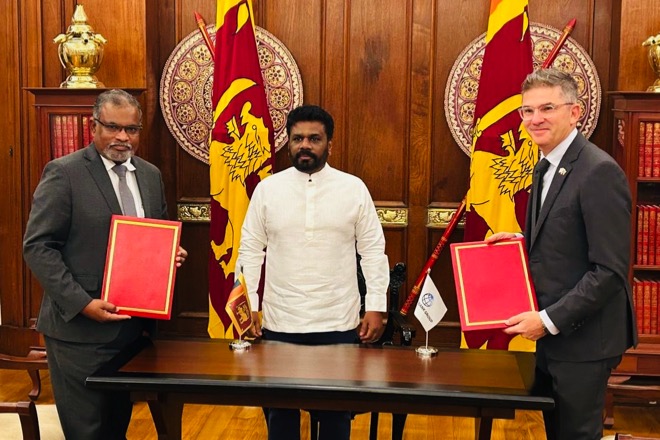
India Calls for Global Action to Address Terrorism Amid Emerging Conflicts
India has urged for “global action” to align with the ambitious commitments made by world leaders to combat terrorism, as new theaters of conflict emerge. This call was made by India’s Permanent Representative to the UN, P. Harish, during a session on strengthening the UN system.
Harish expressed appreciation for the strong message condemning terrorism included in the Pact for the Future, stating, “Global Action must now match Global Ambition.” He emphasized the urgent need for unified efforts, noting that terrorism remains a serious threat to global peace and security, with areas such as cyber, maritime, and space emerging as new battlegrounds.
The Pact, adopted at last month’s Summit of the Future, includes a clear declaration against terrorism, stating, “We reaffirm that all terrorist acts are criminal and unjustifiable regardless of their motivation.” This declaration counters efforts by Pakistan and others to blur the lines between terrorists and so-called “freedom fighters,” which has hindered progress on India’s proposed Comprehensive Convention on International Terrorism (CCIT) for the past 28 years.
In his address, Harish highlighted India’s leadership role for the Global South, ensuring that the Pact reflects a human-centric approach. He noted that the Pact aligns with India’s vision of ‘Vikst Bharat@2047,’ which aims to transform India into a developed nation by the centenary of its independence.
He emphasized the importance of addressing sustainable development alongside human welfare, food security, health security, energy security, and climate finance. Harish warned that the evasion of climate responsibilities by developed nations undermines the growth prospects of developing countries.
Reflecting on Prime Minister Narendra Modi’s remarks at the Summit, Harish pointed out that reform is essential for the UN’s continued relevance. However, he criticized the Pact for failing to adequately address Security Council reform, stating that its chapter on ‘Transforming Global Governance’ did not reflect the desires of most UN member states for both permanent and non-permanent member expansion.
Harish also noted that the inputs from the Inter-Governmental Negotiations on Council reform fell short, lacking urgency and a clear timeline for negotiations. He mentioned that despite widespread support for a negotiating text to guide discussions on Council reform, a small group of countries, including Italy and Pakistan, have obstructed its adoption.
He called for strengthening the role of developing nations within international financial institutions and addressing their debt challenges. Harish highlighted that the G20 declaration, adopted under India’s presidency last year, aligned with the Pact on key principles such as creating a more inclusive and resilient international financial system while advocating for stronger and more democratic global financial institutions.


